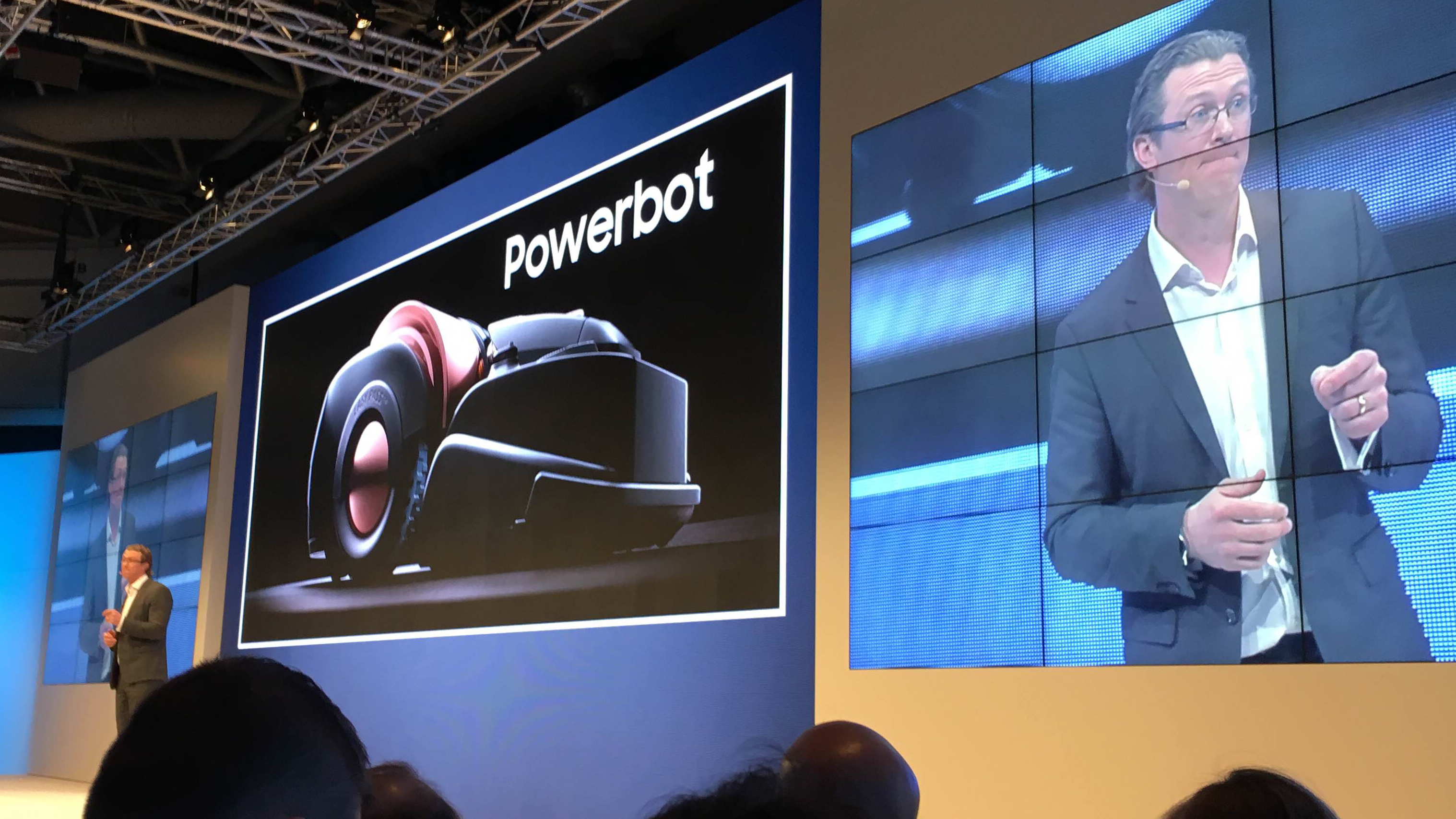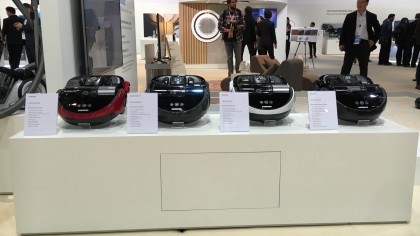Samsung: It's time we shut up about the 'Internet of Things'
Simplifying the smart home is difficult enough without the jargon

Sign up for breaking news, reviews, opinion, top tech deals, and more.
You are now subscribed
Your newsletter sign-up was successful
The tech industry is on a mission to connect our homes, but amidst all the talk of home automation and the 'Internet of Things' arises many questions: Where do you start? What will talk to what? Does your choice of smartphone limit your options? Is it all secure?
The first step, according to Samsung's Rory O'Neill, is to cut the jargon. Samsung has been one of the major drivers of the 'Internet of Things', but it doesn't want to use that term anymore.
"The first thing we have to do as an industry probably is stop talking about IOT and Internet of Things," O'Neill told techradar in an interview. "I think for consumers it's just the internet. Let's get over ourselves."
O'Neill was responding to a question techradar posed during the Samsung European Forum, where the South Korean company was flaunting its latest selection of connected goods, from its Smart Hub fridge to a Wi-Fi robot vacuum cleaner.
It seems that Samsung wants to connect just about everything, but the Forum was just a microcosm of a much larger, multifaceted industry that's going to grow and grow.

O'Neill wants to see that industry "breaking down any barriers to entry and keeping things simple".
He called for industry standards that will keep communication open: "We have to use common standards so things will work together.
Sign up for breaking news, reviews, opinion, top tech deals, and more.
"You can't have a fear in a consumer home that they invest in something and then all of a sudden because they buy something else it makes the previous investment redundant. There has to be a common standard between it so things don't have to be thrown away in that sense."
But with so many companies wanting to get in on the action, it's inevitable that there will be different ecosystems.
Samsung's smart home system is call SmartThings, and pulls together compatible devices via a hub. You don't need a Samsung smartphone to use it - the app will even work with iOS devices - but there are limitations. SmartThings will talk to ZigBee and Z-Wave products, but only if the manufacturers have enabled the compatibility.
'Works with Nest', Nest's home-automation platform, doesn't currently communicate with Samsung's SmartThings. Meanwhile Apple HomeKit has its own range of compatible devices.
Security dilemma
Security is, of course, another important element to consider. Protecting our personal data will be of utmost importance when it comes to connecting our homes, but how can you ensure breaches never happen?
"I think the approach for security isn't about stop everything happening," said O'Neill. "It's about dealing with things when they do happen. It sounds like a very subtle transition, but attacks will happen, malware will happen, it probably will grow in the phones, at work and at home, and you need the capability to manage that when it happens."
O'Neill drew on Knox, Samsung's technology which creates a partition between private and public data, as a hint for how Samsung, and perhaps other companies, will tackle security and data privacy.
"I think you'll see that philosophy taken into the home."

Hugh Langley is the ex-News Editor of TechRadar. He had written for many magazines and websites including Business Insider, The Telegraph, IGN, Gizmodo, Entrepreneur Magazine, WIRED (UK), TrustedReviews, Business Insider Australia, Business Insider India, Business Insider Singapore, Wareable, The Ambient and more.
Hugh is now a correspondent at Business Insider covering Google and Alphabet, and has the unfortunate distinction of accidentally linking the TechRadar homepage to a rival publication.